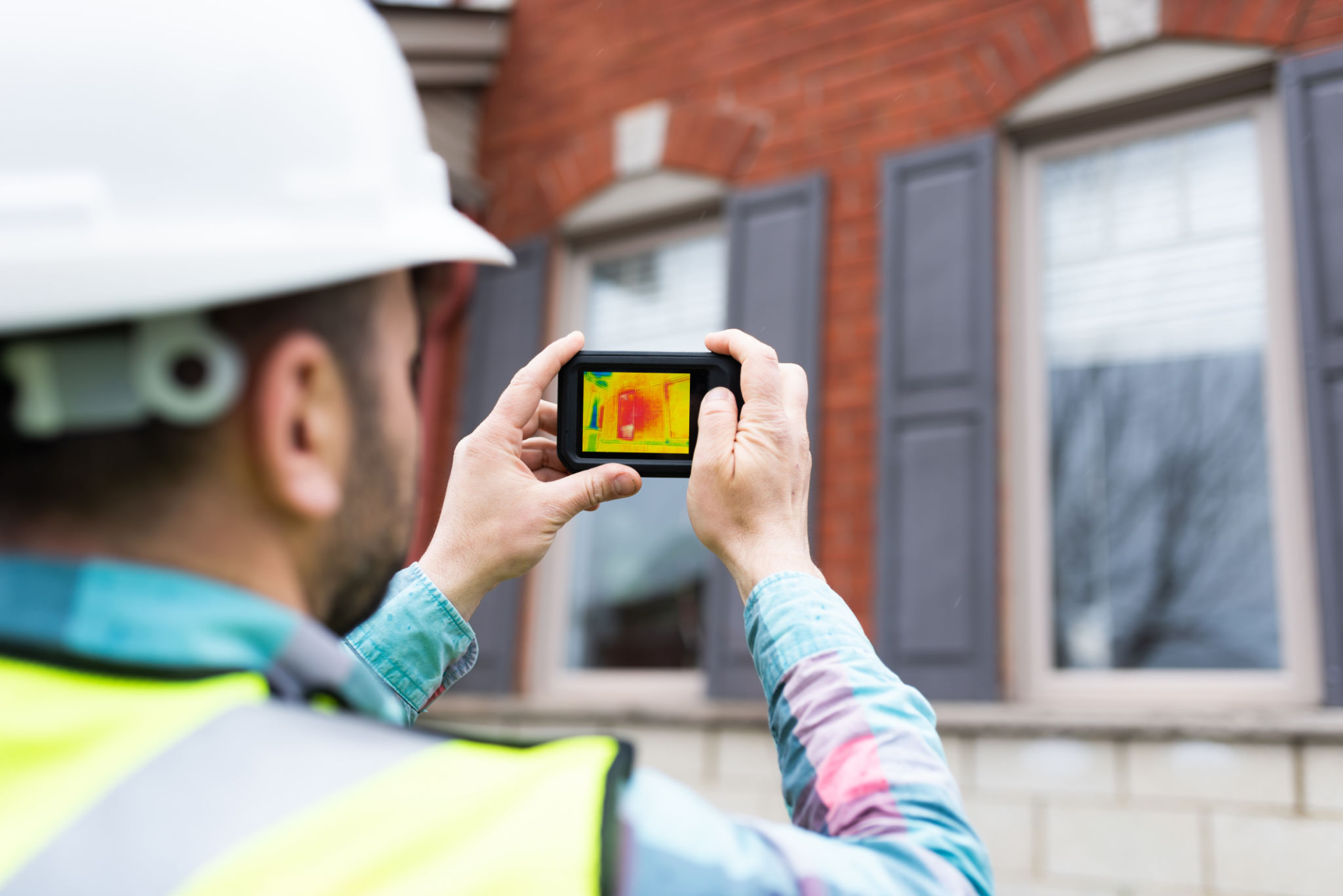How AI is Revolutionizing Sustainability in Paris
Introduction to AI in Sustainability
Artificial Intelligence (AI) is rapidly transforming industries worldwide, and its impact on sustainability is becoming increasingly evident. In Paris, a city renowned for its commitment to environmental initiatives, AI is playing a crucial role in revolutionizing sustainable practices. From optimizing energy use to enhancing waste management systems, AI is at the forefront of sustainable innovation.
Energy Efficiency and Management
One of the most significant ways AI contributes to sustainability in Paris is through energy efficiency. By leveraging AI algorithms, businesses and municipalities can analyze energy consumption patterns and identify areas for improvement. This results in more efficient energy use, reduced waste, and lower carbon footprints.

AI-powered smart grids are being implemented across the city to optimize energy distribution. These grids use real-time data to balance supply and demand, ensuring that energy resources are used as efficiently as possible. This technology not only reduces energy waste but also supports the integration of renewable energy sources.
Innovations in Waste Management
Waste management is another critical area where AI is making a difference. In Paris, AI-driven systems are being deployed to improve recycling rates and reduce landfill waste. These systems use machine learning algorithms to sort waste more accurately and efficiently than traditional methods.
For example, AI-powered robots are being used to identify and separate recyclable materials from non-recyclable waste. This technology increases the accuracy of sorting processes and reduces contamination in recycling streams, ultimately leading to higher recycling rates.

Transportation and Urban Mobility
Transportation is a significant contributor to carbon emissions, and Paris is leveraging AI to create more sustainable urban mobility solutions. AI technology is being used to optimize public transportation schedules and routes, reducing congestion and improving efficiency.
Ride-sharing platforms are also utilizing AI to enhance user experience while minimizing environmental impact. By analyzing traffic patterns and user demand, these platforms can provide more efficient routes and reduce unnecessary trips.

Urban Planning and Development
AI is also transforming urban planning efforts in Paris by providing data-driven insights into sustainable development. Planners use AI to model urban growth scenarios, evaluate environmental impacts, and design more sustainable cities.
With AI, urban planners can simulate various development projects' effects on the environment, allowing them to make informed decisions that prioritize sustainability. This approach leads to greener cities and better resource management.
The Future of AI in Sustainability
As AI technology continues to advance, its role in promoting sustainability in Paris will only grow. The city's commitment to innovation and environmental stewardship ensures that AI will be a cornerstone of its sustainable future.
By embracing AI-driven solutions, Paris sets a powerful example for cities worldwide, demonstrating that technology can be a vital ally in the fight against climate change. Through continuous innovation and collaboration, AI will undoubtedly drive significant progress toward a more sustainable world.